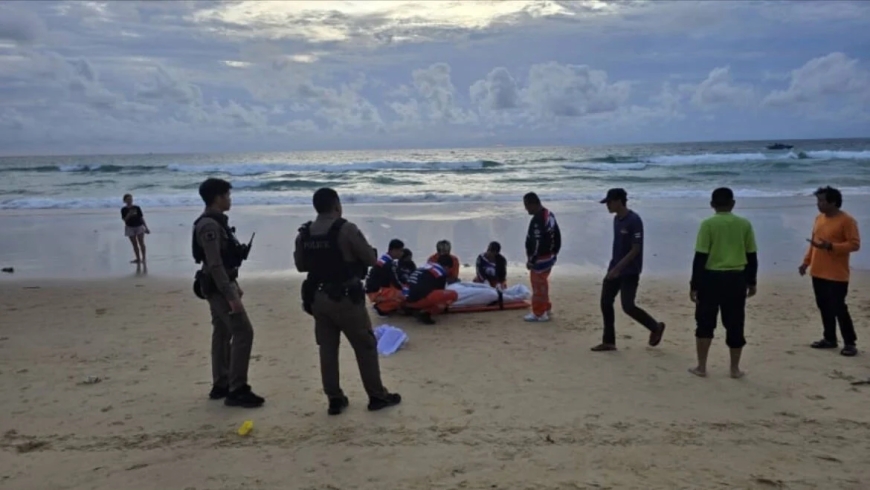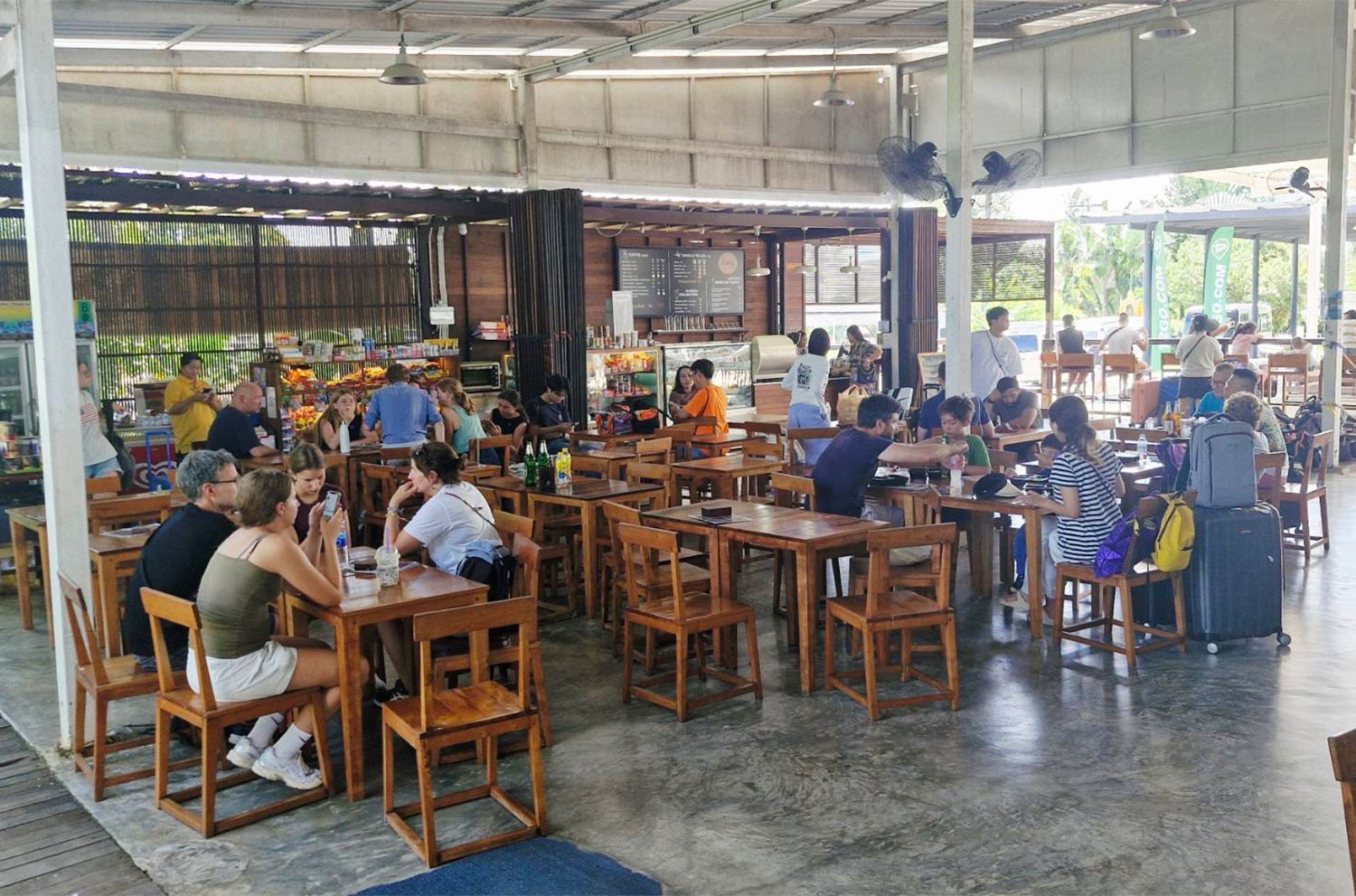Traveling to Thailand can be an exciting adventure filled with rich culture, stunning landscapes, and delicious cuisine. However, safety is a crucial consideration for any traveler. This guide provides insights into the safety of traveling in Thailand and offers essential tips to ensure a secure and enjoyable trip.
Overview of Safety in Thailand
General Safety Assessment
Thailand is generally considered one of the safest countries in Southeast Asia for travelers. According to the U.S. State Department, Thailand is rated as a level-1 country, meaning tourists should exercise normal precautions. While most areas are safe, it’s important to be aware of potential risks and take necessary precautions.
Key Points:
- Thailand ranks favorably in safety compared to other countries.
- Travelers should remain vigilant, especially in crowded areas or during nighttime activities.
Understanding Local Risks
Political Tensions and Demonstrations
While tourism is a major part of Thailand’s economy, ongoing political tensions can lead to sporadic demonstrations, particularly in urban areas like Bangkok. Travelers are advised to avoid protests and political gatherings, as these can escalate unexpectedly.
Travel Advisory:
- Exercise a high degree of caution in areas known for political unrest.
- Stay informed about local news and updates regarding demonstrations.
Crime and Personal Safety
Common Crimes Against Tourists
Petty crime, such as pickpocketing and bag-snatching, is common in tourist areas. Travelers should take precautions to protect their belongings and avoid displaying valuable items openly.Safety Tips:
- Use anti-theft bags or money belts when exploring busy markets or public transportation.
- Avoid sleeping on buses or trains where thefts have been reported.
Health and Medical Considerations
Access to Healthcare
While major cities like Bangkok offer quality medical care, access to appropriate medical treatment can be limited in rural areas. It is advisable for travelers to purchase travel medical insurance that includes coverage for medical evacuation.Health Recommendations:
- Ensure you have adequate health insurance before traveling.
- Familiarize yourself with the locations of hospitals and clinics in the areas you plan to visit.
Road Safety Awareness
Navigating Traffic Conditions
Traffic accidents are frequent in Thailand due to hazardous road conditions and local driving habits. Pedestrians should exercise caution when crossing streets, and travelers should avoid renting motorcycles unless they have experience riding.Road Safety Tips:
- Always use pedestrian bridges where available.
- Be cautious when using tuk-tuks or open transport options.
Cultural Sensitivity and Dress Code
Respecting Local Customs
Thailand is known for its rich culture and traditions. When visiting temples or rural areas, it’s important to dress modestly and respect local customs. Women should avoid revealing clothing, particularly when traveling alone.Cultural Tips:
- Wear long skirts or pants and cover shoulders when visiting religious sites.
- Always remove shoes before entering homes or temples.
Emergency Preparedness
Know How to Seek Help
In case of emergencies, it’s essential to know how to contact local authorities. The emergency number for police assistance in Thailand is 191, while medical emergencies can be reached at 1669.Emergency Contacts:
- Keep a list of important phone numbers handy.
- Familiarize yourself with the location of your country’s embassy or consulate in Thailand.
Enjoying a Safe Trip to Thailand
With proper precautions and awareness of your surroundings, traveling in Thailand can be a safe and rewarding experience. By staying informed about local customs, understanding potential risks, and preparing for emergencies, you can enjoy all that this beautiful country has to offer. Whether you’re exploring bustling cities or relaxing on stunning beaches, a little preparation goes a long way toward ensuring your safety while traveling in Thailand.









